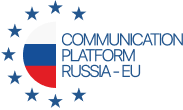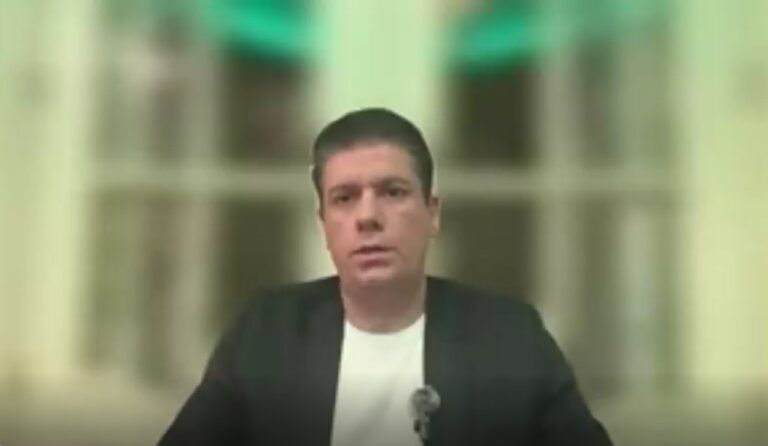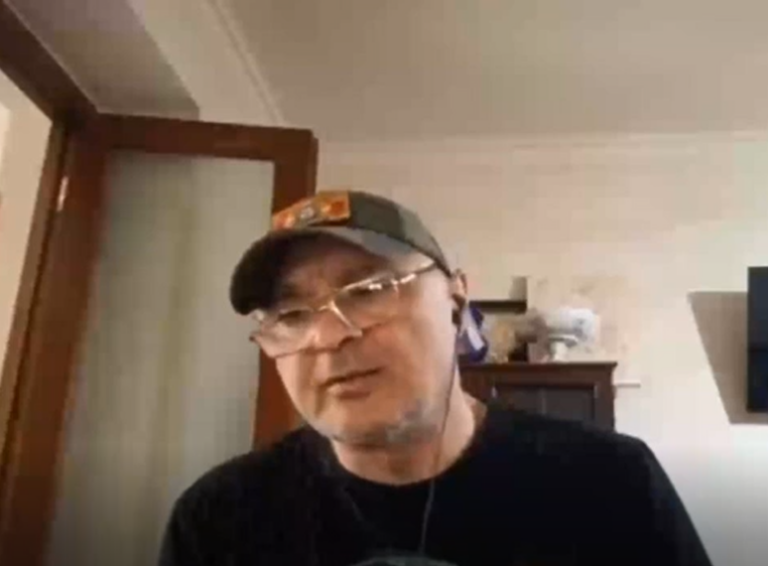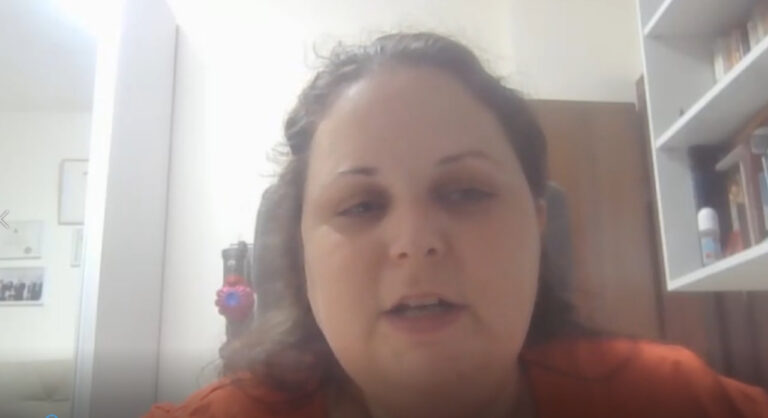Peer de Jong, a colonel in the French Marines, took part in military operations in Africa and Bosnia. He was also aide-de-camp to Presidents Mitterrand and Chirac. Mr. de Jong is co-founder of the Themiis Institute, an ESSD (Security and defense services companies) focused on the training activities of African armies, author of «Acting between the lines – Private military companies: Wagner, Blackwater, Mozart and others»
First of all, as a military man with a great deal of experience, he assessed the real successes of the Ukrainian army in the counter-offensive. In his view, the reality is very different from what the Western media are trying to impose. The achievements of the Ukrainian armed forces are limited to the extension of a few kilometres in 4 months, which can hardly be considered a success in the context of a large-scale offensive.
“The Ukrainian counter-offensive is a failure. There are 3 levels in a war. There is the tactical level, which is the ground level. And it’s not working because the Ukrainian advance is extremely weak. Some kilometres it’s not a counter-offensive.”
At the same time, Peer de Jong also assessed the global changes that have followed the Ukrainian conflict. First and foremost, the militarisation of Europe. However, according to the French military officer, this process benefits above all the United States, whose arms companies earn colossal sums from the production of equipment for European armies.
“Today, [European] armies are being restructured and military budgets are increasing. The United States is the winner. The American military industry is becoming extremely rich. It will equip a large part of the European army. The American military industry will dominate Europe.”
The French colonel also mentioned another type of confrontation between Moscow and Kiev: diplomatic confrontation. The strategic objective of both countries is to strengthen partnerships with allies. And while Ukraine has focused on the West, Russia is increasing the number of its partners in the East, without completely severing its relations with European countries.
“Ukraine is calling on its European and Western diplomacy. So there is a kind of consolidation, a structuring of Western thinking against Russia. And Russia is as much an Asian state as a European one. Putin’s strategy today is to open up another front, to stay connected to his neighbours to the east, in other words China, North Korea and others.”
However, not everything is perfect in the alliance between Ukraine and the West. Peer de Jong acknowledges that today the future of arms deliveries to Kiev is increasingly uncertain. This factor is creating considerable anxiety among Ukrainians.
“It’s true that today there is political uncertainty. This may be a cause for concern for the Ukrainians, of course. Because despite the statements from the United States aimed at reassuring the Ukrainians, it is clear that there is uncertainty about the continuity of potential American military aid.”
Another important global phenomenon is the activation of the countries of the Global South. In addition, most of the countries of Asia, Africa and Latin America are uniting around Russia, even though they want nothing to do with the old world, the former colonisers.
“Russia’s diplomatic activity in the Global South is a success for Russia. […] It’s a strategy aimed at isolating the West generally who now appears cut from the other world.”
In the process of building partnerships between the South and Russia, the non-imposition of an ideology is also an important factor. Russia respects the traditional values of Muslim countries in Asia and Africa, whereas Europe is trying to impose its own standards of living, whether in terms of LGBT issues or feminism.
“Today, Muslim countries understand Putin for 100%. I was in Africa not long ago, and Africans think that Putin is making good sense.”
